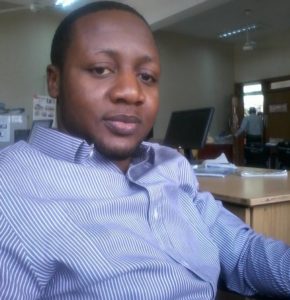
Lagos
Nigeria can have free and fair elections but it is a collective responsibility on the part of all its citizens. Electoral laws should at least offer equal conditions and opportunities for citizens to have access to polling stations and to vote. They also must offer equal conditions and opportunities for all parties and candidates taking part in the election. Nigeria is gradually becoming a two party country, which makes it difficult for new parties and its members to participate as expected. According to the research I made, a free and fair election must minimally satisfy the following requirements; transparency, privacy, integrity, affordability and most importantly accessibility. Each step of the election process should be easily understood and open to scrutiny by all stakeholders (voters, political parties, outside observers and others). Going by these requirements as a nation, we are yet to meet up. Our elections are very expensive which most times is due to some unnecessary inefficiencies. For accessibility, all eligible voters, regardless of location, group membership or disability, should have reasonable and equal opportunity to cast their ballot. For instance, I have my voters card but I can’t cast my vote in the present location I am, unless I travel down to the place where I had my voters’ registration before I can perform my civic responsibilities. These are issues that need to be resolved in our electoral act before we can have a free and fair election.
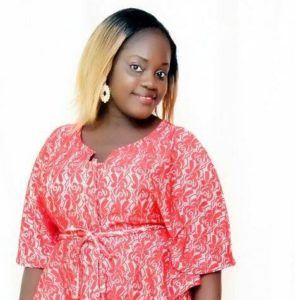
Abuja
First of all, by giving the country a new constitution. That gives the National Assembly the power to nominate the chairman of the electoral commission. This would also drastically reduce the salary/emoluments of all the elected people; it would state death penalty for theft of public funds and outlaw the gift/distribution of any item during political campaigns.
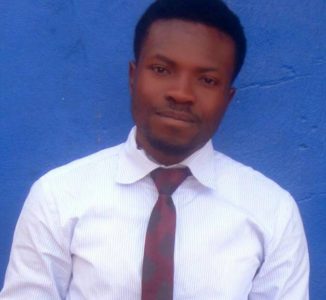
Ilorin
Nigerians can actually ensure free and fair election; this can be achieved in many ways. Firstly, I acknowledge and appreciate the effort of the government in making sure there is adequate security of lives during and after election. The government is trying its best to make sure people who come out to vote are safe. Be that as it may, we as good citizens have our own contribution to make in actualizing free and fair election. As individuals, we can do this by not selling our votes and avoiding unnecessary arguments as regards the right candidate to vote for. Individuals should decide the best candidate and cast their vote accordingly. We shouldn’t wait for some set of party personnel to lure us into collecting money in order to sell our vote. After exercising his/her franchise, people should leave the voting unit immediately after casting the vote. If all the aforementioned are observed by Nigerians, the elections will not only be free and fair but credible as well.
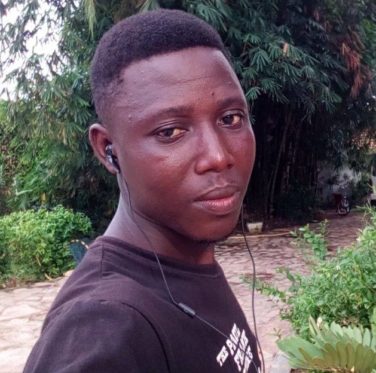
Port Harcourt
The lesson we are learning is that elections alone are not enough, even if all technical and organisational procedures are respected. The reason is simple: democracy is not just about legality. Although the rule of law is critical for a peaceful society, democracy is about legitimacy. Elections must offer genuine choice. On the other hand, if the elections that brought a government to power are seen as rigged or unfair, and the subsequent government does not govern in a democratic manner, it will not enjoy any of the benefits associated with democracy. Indeed, it will find it ever harder to govern at all. The challenge facing hopeful and established democracies alike is to ensure that elections are couched in a democratic spirit, and backed up by strong institutions that can ensure and sustain electoral integrity.
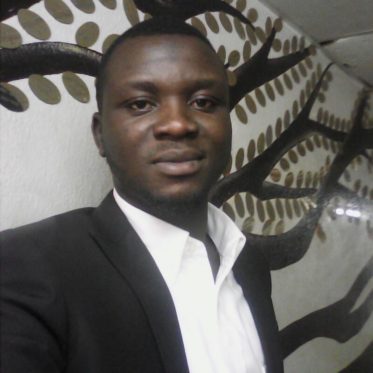
Lagos
In the past, election violence has been blamed on a lack of education among citizens, poverty, the long history of military rule and corruption. However, political patronage is also to blame in a country where power and state resources are often exploited for personal use by office holders. With the 2019 elections coming up in a couple of days, Nigeria’s ability to hold free and fair elections is open to question. Of particular concern, is the security threat posed by the Boko Haram insurgency and clashes between farmers and herdsmen in northern Nigeria. There is also the threat of armed rival political supporters. Finally, the lack of election financing regulations leaves the door open for patronage networks to fund campaigns using public funds. The proliferation of arms prior to elections remains a huge threat. Since the 2003 elections, the arming of supporters has become an election tool. As seen in previous elections, political patronage is often behind the formation of insurgent groups towards the time of elections. Politicians have been known to arm youths prior to elections in order to seek undue advantage over their political opponents. The sum of all these challenges is that Nigeria is far from ready to hold a credible ballot in 2019. In order to conduct a credible election in Nigeria, four key issues are very important. Firstly, the government needs to completely defeat Boko Haram. Secondly, the conflict between herdsmen and farmers must be addressed; thirdly, electoral commission must strengthen the electronic voting system introduced in 2015 and finally the formation of insurgent groups for the purpose of the election must be prevented. An election that is not free and fair risks negatively compromising Nigeria’s already fragile economy, and sparking further conflict.
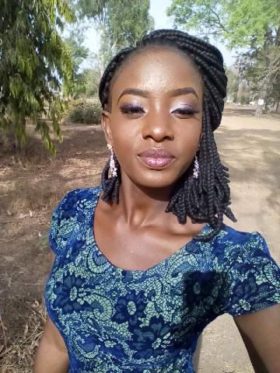
Port Harcourt
To ensure free and fair election in Nigeria, we must minimally satisfy the following requirements; transparency, privacy, affordability and accessibility. Transparency; each step of the election process should be easily understood and open to scrutiny by all stakeholders (voters, political parties, outside observers and others). All results should be independently verifiable and auditable. Privacy; the choices that each voter makes should remain private both during and after the election. Integrity; only eligible voters should be allowed to vote, and those votes must be protected from any alteration or exclusion. Affordability; the election process must be affordable to governments and its citizens in order to maintain sovereignty. Accessibility; all eligible voters, regardless of location, group membership or disability, should have reasonable and equal opportunity to cast their ballot.
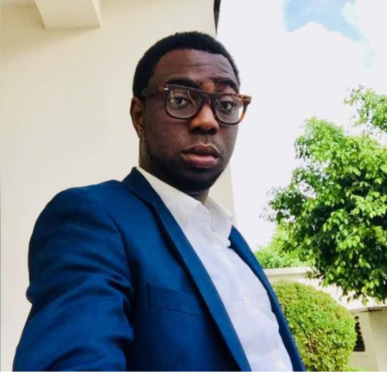
Lagos
For Nigeria to attain free and fair elections, INEC officials must be bold enough to cancel the result of any polling units where there are irregularities because the level of vote buying may be more shocking this time around due to the prevailing level of poverty. It is unfortunate the commission may not really be able to do anything about it practically. I urge the government and the security agencies to adopt new techniques and modern strategies in war fare as well as procure more weapons and retrain military personnel. Nigerians are to be up and doing when it comes to elections; we must vote and protect our votes. We should resist intimidation by anyone before, during and after voting. Every Nigerian must ensure that his/her votes count and not look at political parties but the personality of the candidate seeking for votes because the political parties are only platforms use to seek electoral positions. I believe citizens are to ask questions concerning each candidate before voting for any one. Questions on who the personalities are, what are their contributions, past antecedents and what they have to offer now and in the future. What’s their relationship with the people, in the past and present? Are they honest? These are things people need to inquire before handing power to anyone.
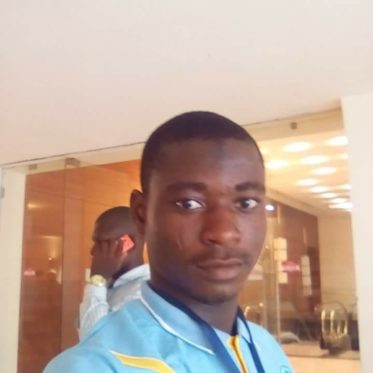
Ibadan
Nigerians must be allowed to vote for candidates of their choice and citizens’ choice should not by any means be tampered with. Nigeria’s democracy was previously improving with a deeper understanding of the culture and the strengthening of the institutions that guarantee free and fair elections. However, the reverse is the case now. Nigeria needs to learn from the mistakes of those who practised democracy far longer than us and also by looking inward at its own peculiarities. Politicians need to embark on aggressive sensitisation of their followers not to see elections as a `do-or-die’ affair. When all this is done, it will end political violence and thuggery and give us a peaceful atmosphere for the smooth implementation of all electoral processes.
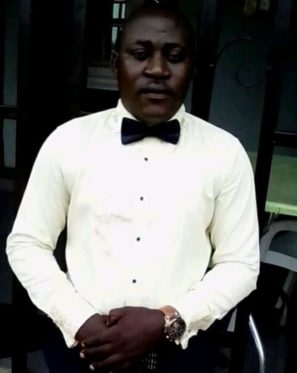
Lagos
For Nigeria to ensure free and fair elections, certain civil liberties, such as the freedoms of speech, association and assembly, are required. Some elements that are essential to free and fair elections need to be put in place like credible electoral administration; informed and active citizens and impartial electoral frameworks. At the end of the voting process, the person in power and the whole party should be willing to effectively transfer political power without any problems. I know free and fair elections play a critical role in political transitions by helping to promote peaceful, democratic political transformation that lead to economic stability and prosperity.
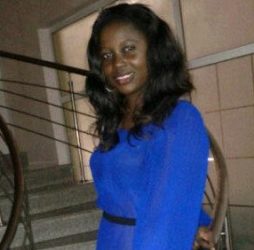
Lagos
To get free and fair elections in Nigeria, we have to do away with politicians bribing people with money and all sort of gifts, promises or special favours, killing or maiming people in the name of election. Also, in every state there should be some form of surveillance; spying and recording the election processes with video cameras or mobile phones which would be used as evidence against anyone/groups that engage in rigging or any related election malpractices at every polling unit.
Copyright Ships & Ports Ltd. Permission to use quotations from this article is granted subject to appropriate credit given to www.shipsandports.com.ng as the source.